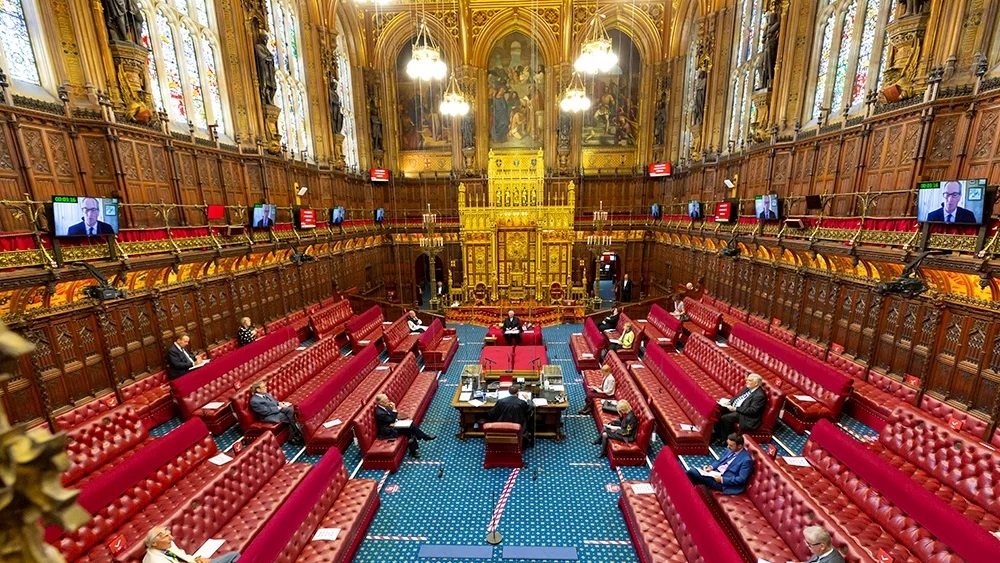The House of Lords Industry and Regulators Committee has today (23 May) launched an inquiry investigating the work of Ofwat.
The Committee will consider Ofwat’s performance against its statutory objectives and whether it has the powers and resources needed to meet those objectives. It will also consider the regulator’s relationship with the Government and other regulators.
The Committee is seeking answers to the following questions from interested individuals and organisations:
- Is Ofwat meeting its statutory objectives?
- Are Ofwat’s statutory objectives clear and consistent? How can performance against these be measured? How well does Ofwat manage any trade-offs between its objectives?
- Does Ofwat have the necessary powers to meet its objectives? Does it need greater powers to ensure that water companies reduce sewage overflows?
- Does Ofwat have the necessary resources to meet its objectives?
- What are the main challenges facing Ofwat and how well is it meeting them?
- Does Ofwat receive sufficient strategic guidance from the Government on how to balance its objectives?
- How well does Ofwat work with other regulators and authorities to meet joint challenges and overlapping responsibilities?
- How satisfactorily does Ofwat take the consumer interest into account?
- How effective is Ofwat’s Price Review process?
- In its engagement with the water industry, does Ofwat strike the right balance between being open to industry input whilst also providing robust regulatory oversight?
- Does Ofwat sufficiently consider the long term in its regulation? Does Ofwat strike a balance between more visible, short-term issues and long-term considerations?
Lord Hollick, Chair of the Committee, commented: “Ofwat is a significant regulator in this country, providing oversight of a sector which provides an essential service to every household in England and Wales. Ofwat’s regulation influences the quality of service customers receive and the bills they pay for their water. It is also an important part of ensuring the quality of the UK’s water environment, both in examining water companies’ current commitments and in ensuring long-term investment in water infrastructure. In particular, it has an important balance to strike between keeping bills down, especially in the current environment, and ensuring the readiness of the UK’s water infrastructure for the future.
“The Committee is keen to examine Ofwat’s performance against its objectives, whether it has the correct powers and strategic direction, and how to measure its performance. The Committee will also consider pressing issues within Ofwat’s remit, including sewage overflows and financial returns in the water industry.”



